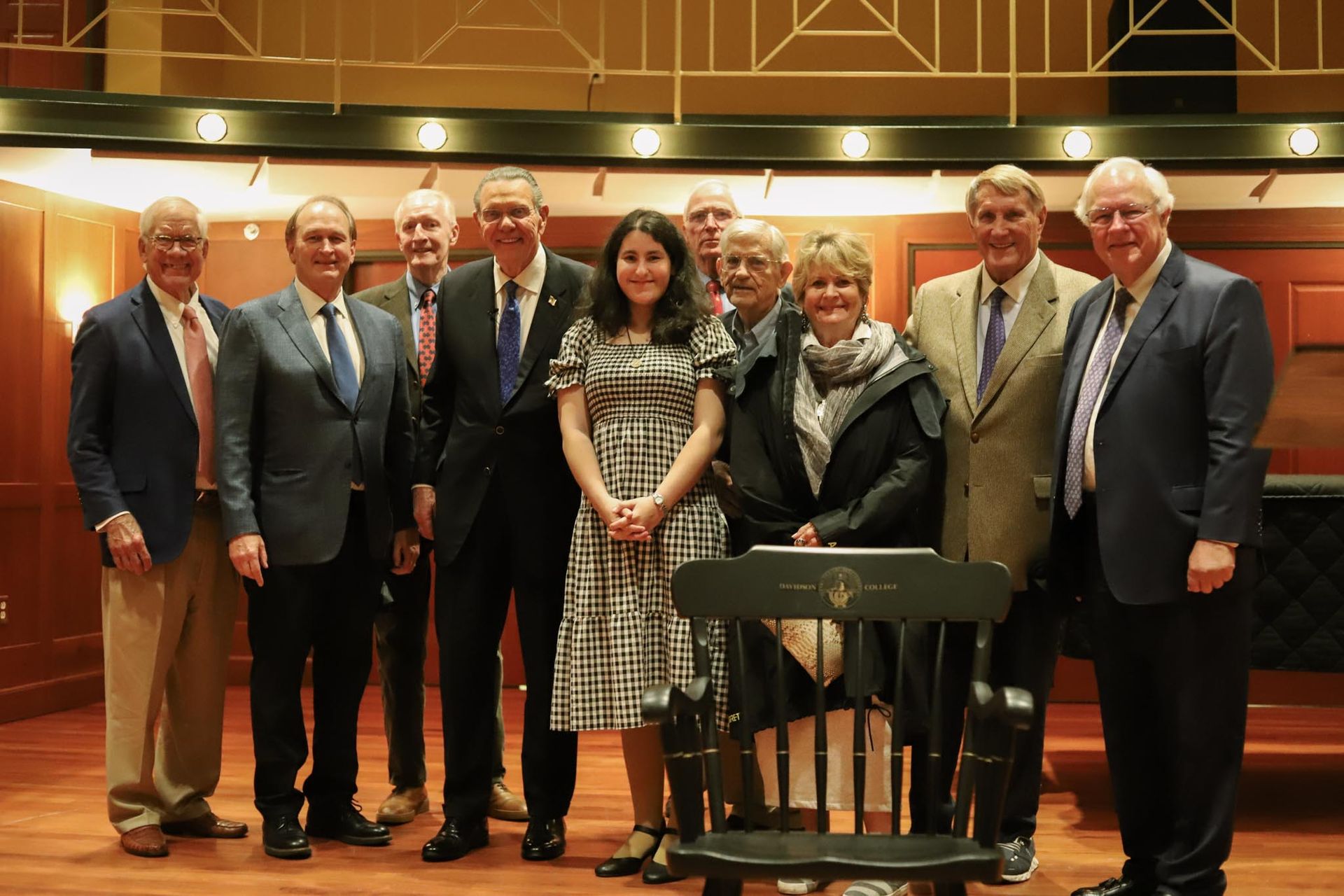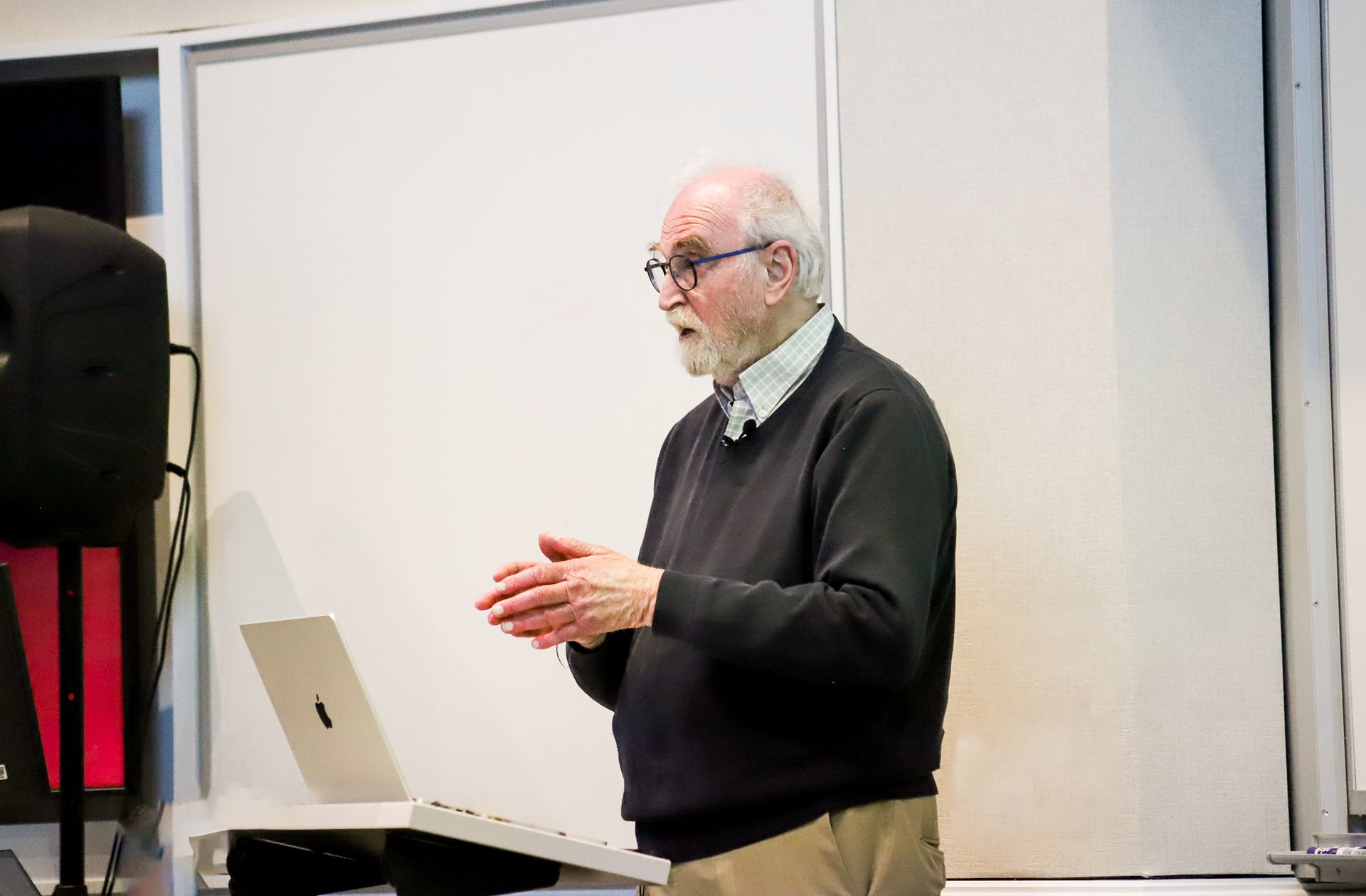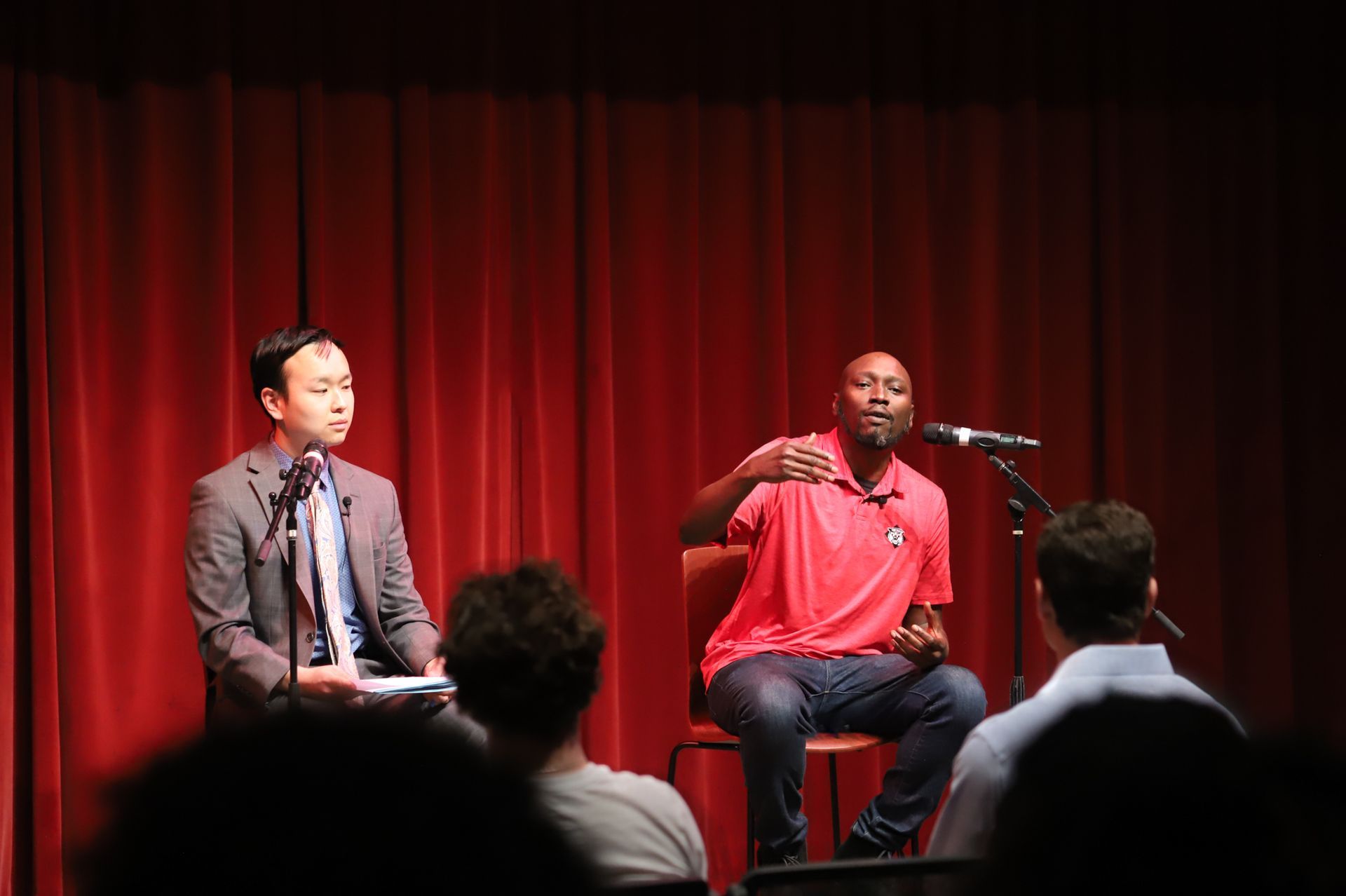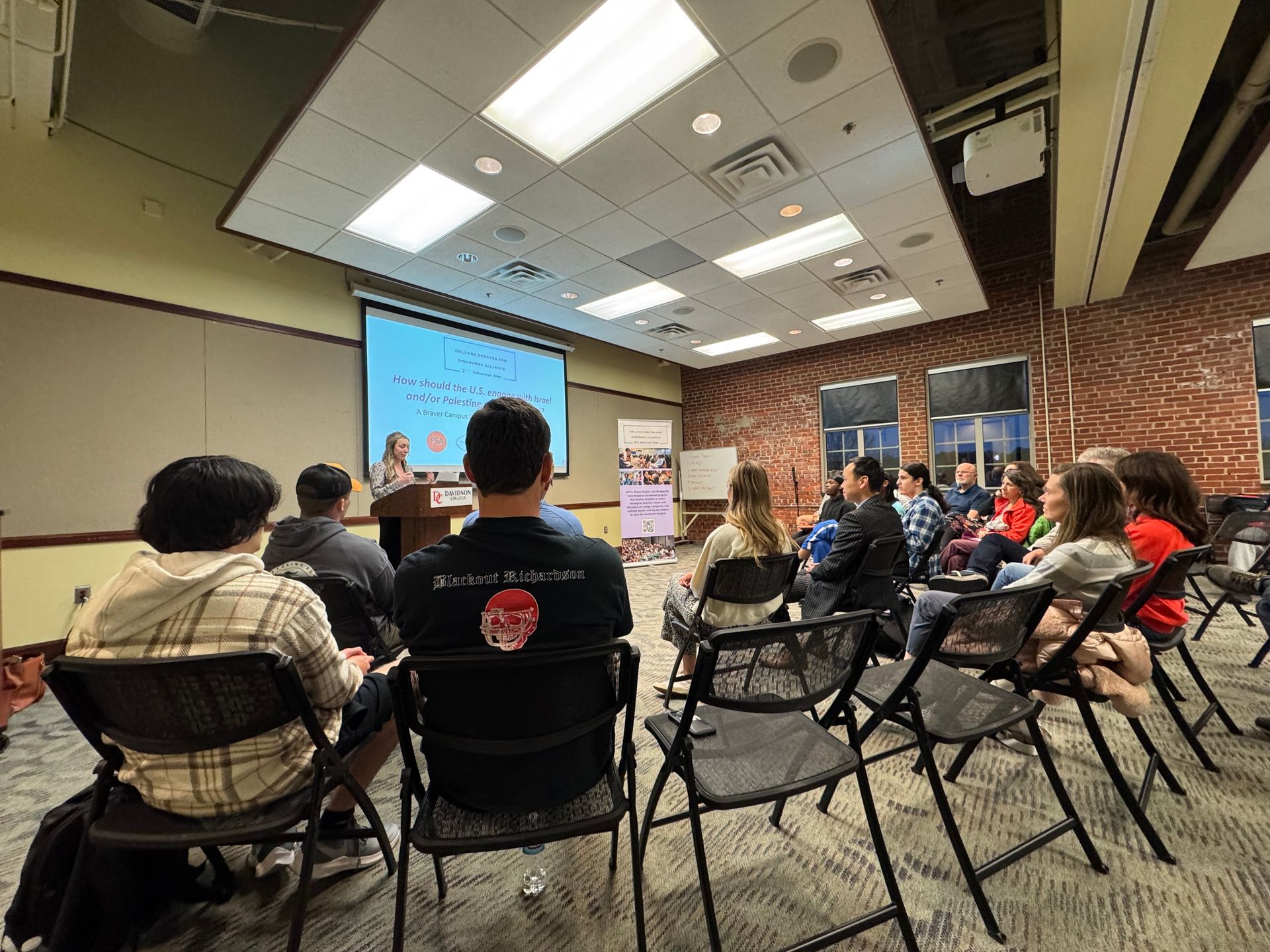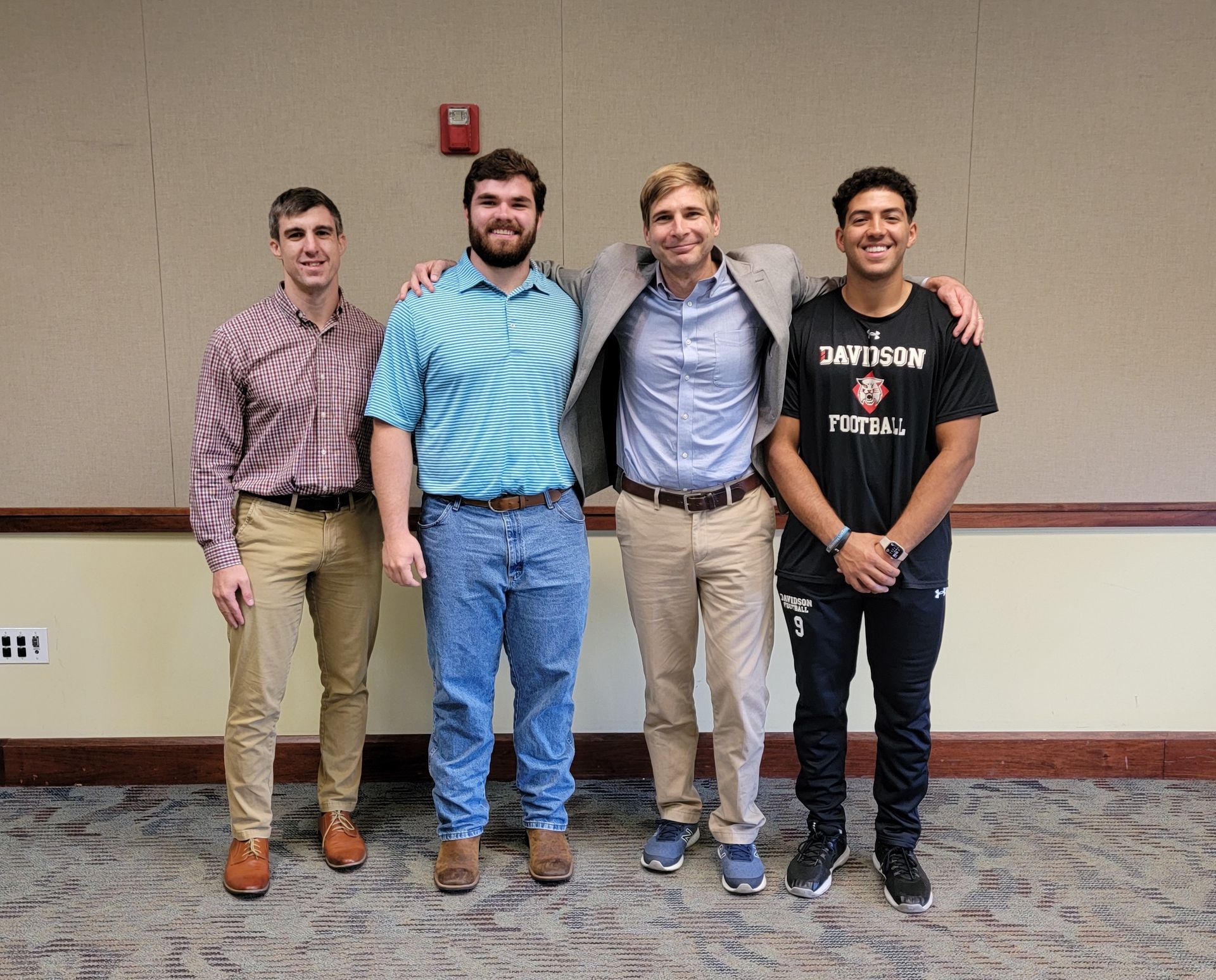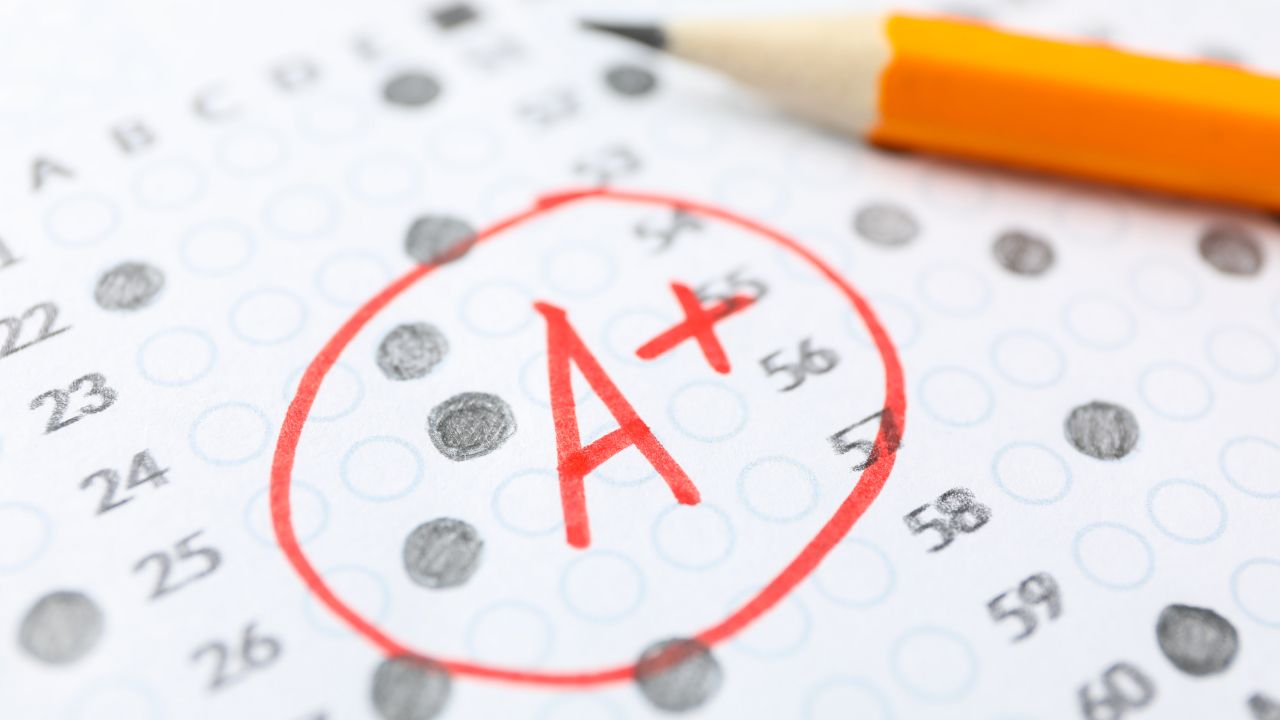Davidsonians for Freedom
of Thought and Discourse
We are alumni committed to ensuring a learning environment at Davidson College that is ideologically balanced and that promotes lively and fearless freedom of expression.
Who is DFTD?
Davidsonians for Freedom of Thought and Discourse champions open dialogue at Davidson College. We do this by supporting student-led conversations, sponsoring events that bring a wide range of viewpoints to campus, and connecting alumni, faculty, and students who value honest inquiry. Our work helps keep Davidson a place where ideas can be explored fully, respectfully, and without fear.
Free Speech News
Contact us
Have a question, want to collaborate on a program, or hope to connect with students and alumni who value open dialogue? Reach out! We’re here to help with event ideas, speaker inquiries, campus partnerships, or any thoughts you’d like to share.


